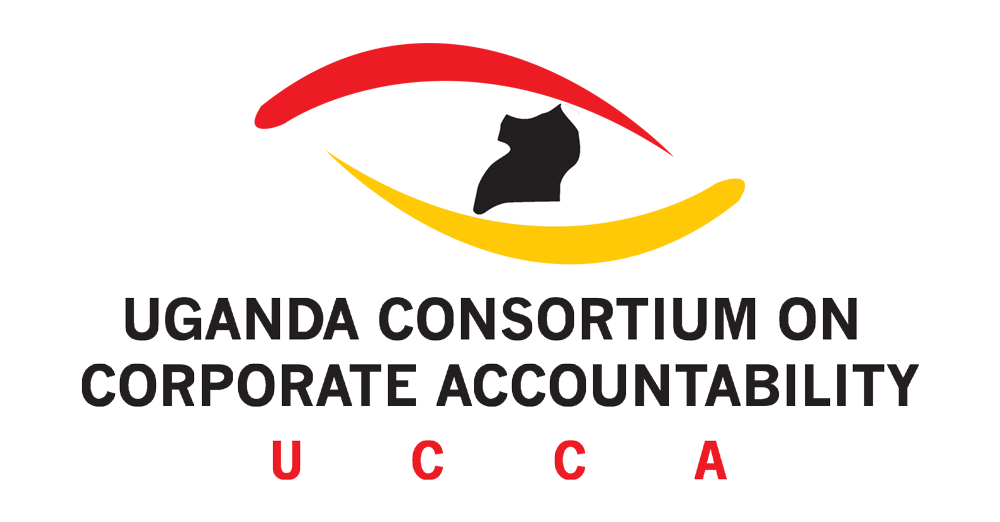Data bundle pricing huddles that telecom consumers face

In Uganda, for one to access the Internet, it is necessary to take out a data volume bundle subscription or an Internet service contract with an Internet access service provider (ISP), who will provide the subscriber (consumer) with internet network connectivity which may be wired or wireless.
Indeed, in a competitive market, especially when the subscription costs are extremely low, consumers typically subscribe to multiple ISPs to widen their options for “a good deal.” This is especially true for economies where the Internet is predominantly offered by
mobile network operators (MNO), as opposed to !xed network operators (FNO). To understand this data pricing challenge, by way of comparison, normal life utilities such as water, electricity, and gas all have standardized measurements.
However, the sale of data services has distinct features that make it a lot more complex than traditional utilities. Relative to traditional
utilities, the Internet is metered and sold by the volume of data traffic required by the consumer, or by the rate of data transmission (speed) afforded by the service provider.
Combinations of these two metrics are found as service packages on offer by internet service providers (ISPs) on the market. A minimum of three parties are involved in the transaction of Internet (Data Services) i.e. the supplier and at least two (2) consumers. One consumer is the one who initiated the Internet session (the Originating Party-OP), and the other consumer is the Correspondent Party. (CP)-necessary for communication to take place, never mind that CP may not be a human but a computer.
Unlike the other utilities, the Originating Party (OP) and Correspondent Party (CP) are charged for the session, by their respective ISP. This is unlike telephone calling (voice) where the calling party is charged for the call (except when calling a toll-free number). Through interconnection agreements, the ISPs make internal arrangements on how they would bene!t from the charges to each party.
Ideally, like other utilities, the consumer ought to pay a “at periodic rate that guarantees them when they can use the data service at a certain data rate/speed whenever they need it, during the agreed period. This is because, unlike a phone call (voice), with Data services (Internet) it is not easy for the originating party (OP) to assess the quality and terminate the connection to save on charges.
The OP is more likely to keep trying repeatedly while unknowingly being charged on all packet re-transmission attempts since data is consumed and time (s) has elapsed, among other reasons. In developed markets, the Internet is typically sold by speed (with a data cap) and on a contract basis.
Whereas in developing markets, the Internet is typically sold using a Pay As You Go (PSYG) business model and by volume (ostensibly) to capture the informal consumer that has no credit history; the real reasons are anywhere in between altruism and the pro!t motive. In the aforementioned analogy of other utilities with standardized measurement, it does not appear to make logical sense if the consumer were to purchase an “expiring” gas cylinder.
Therefore, to ensure improved consumer satisfaction, standardized measurement, and better Internet usage, it is imperative and of great public service for the Internet service providers (MNOs) to come out and elucidate on the transparency and integrity of their systems as used for the accounting, charging, and billing of data services (Internet).
Moreover, meaningful Internet (data services) consumption is a direct factor of affordable, transparent service provisioning, and reliable Internet access, which is an indicator of validated digital transformation – an element of Uganda’s National Development Plan (NDP3).
This article, which originally appears on The Daily Monitor, was authoured by Eng. Edward Kasule Musisi with contributions from Mr Martin Waidhuba and Mr Joseph Byomuhangyi.
